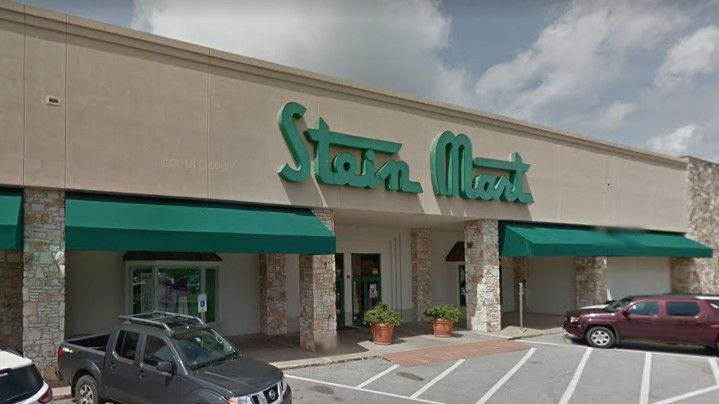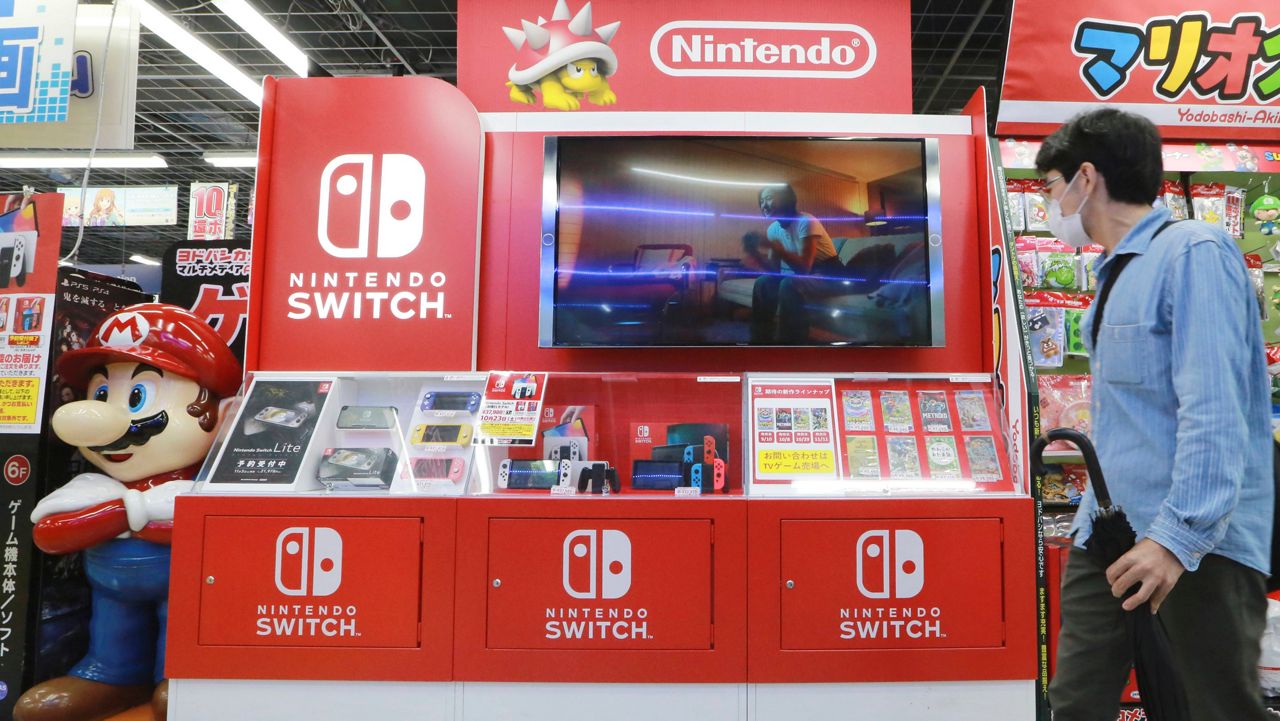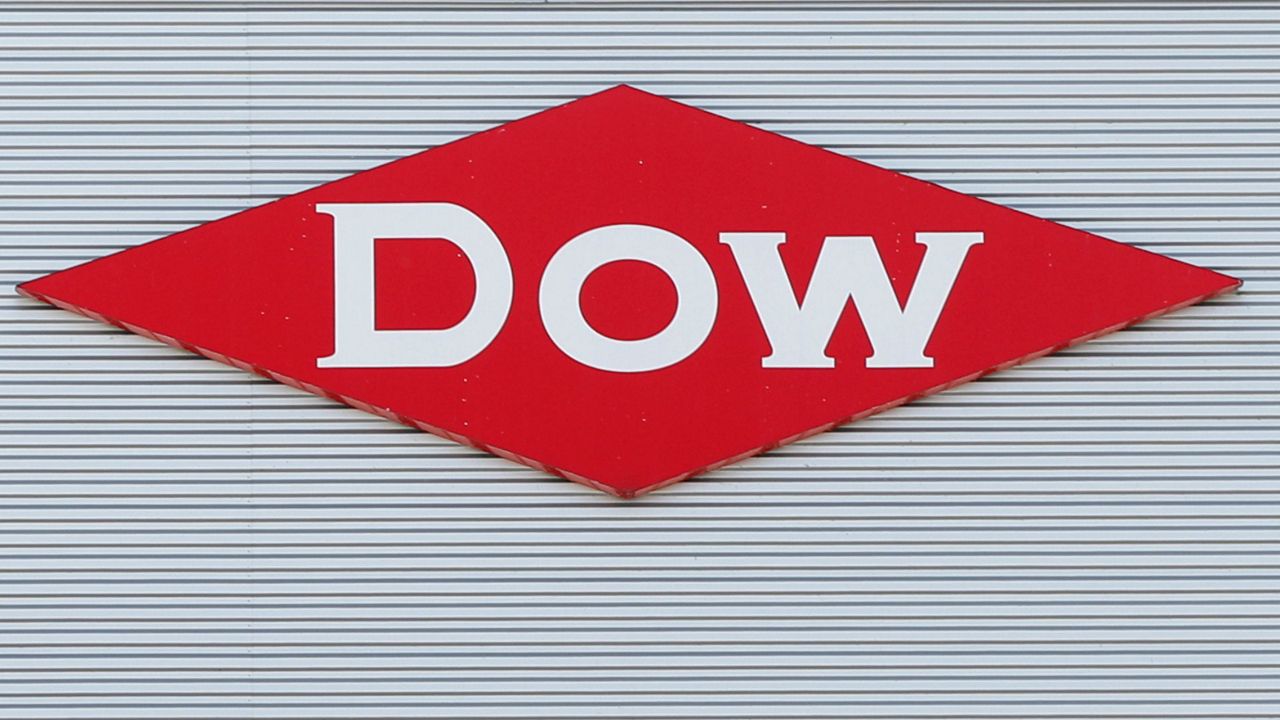TEXAS — The pandemic has wreaked havoc on businesses large and small. For a few Texas-based retailers, it has only exacerbated problems that have been going on for years.
One of the first to fall was Fort Worth-based Pier 1 Imports. The home goods retailer’s brick-and-mortar stores have been struggling in recent years to compete in a market that has largely gone online.
Late last year, the company started laying off employees at the corporate level and started a few rounds of store closures. Then, in late February of this year, right as the pandemic was starting, the company officially filed for bankruptcy. Its bankruptcy plan includes closing stores as soon as possible, since the company was unable to find a buyer.
In the same vein, Dallas-based Tuesday Morning filed for bankruptcy in May. The discount home retailer announced it would close a third of its 700 stores nationwide. It also plans to renegotiate a “significant” number of current leases as part of the bankruptcy process. Of all the retailers on this list, however, Tuesday Morning is a rare exception in that its brick-and-mortar business had not been struggling before the pandemic-related closures.
“The prolonged and unexpected closures of our stores in response to COVID-19 has had severe consequences on our business,” said CEO Steve Becker in the company’s bankruptcy announcement.
JCPenney, however, has been struggling for years to right a ship that capsized in the wake of online retail. Last year, the Plano-based clothing retailer tried a new store concept with its store in the North East Mall in Hurst. The new concept called Penney’s leaned heavily on offering its customers experiences, like in-store yoga and makeup classes and an in-store cafe in order to get them through the door. It was supposed to be the concept that the store could use to leverage a comeback, but the pandemic put a halt to that. JCPenney filled for bankruptcy in May, which will lead to a round of store closures.
Another long-suffering brick-and-mortar retailer is Dallas-based Neiman Marcus. Neiman Marcus’ business concept has always been based on upscale, designer and luxury goods, but this was not enough to get people to get in their cars to drive to a physical store as online shopping really started to pervade social consciousness. And when the pandemic hit, Neiman Marcus found there was no excuse for anyone to leave their house at all. The company filed for bankruptcy in May after more than 113 years of operation. This will affect at least four stores nationwide and 17 of its 22 Last Call stores.
The retailer that most recently called it quits is Dallas-based Stein Mart. As part of the bankruptcy plan, it will close nearly all of its 281 physical stores. In its bankruptcy statement, CEO and CFO Hunt Hawkins blamed the difficult retail environment as well as the pandemic.
In spite of the loss of some big names in retail, the big box stores have reported record business during COVID-19. Stores like Target, Walmart, and Home Depot have reported record increases in business. A large part of that gain is due to the fact that people can go to these stores and find everything they need, since they are less likely to want to make multiple stops in the midst of a pandemic.








